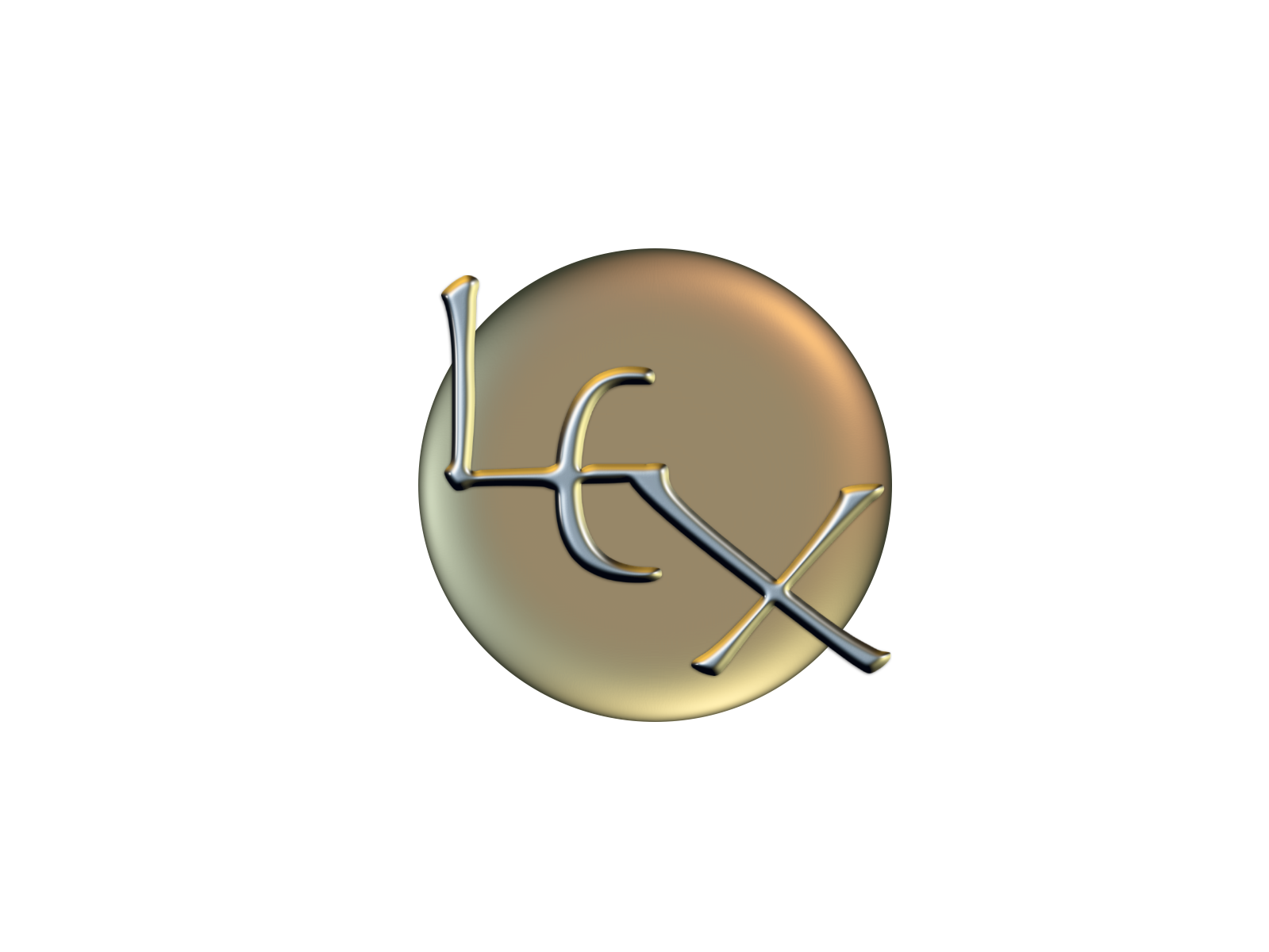One of my favorite teaching moments is when I learn a new word from one of my kiddos.
Today, a high schooler whose Mama (like a lot of my kids' moms) also tutors told me about teaching one of Mama's students about a golem. When she first said it, I thought she meant Gollum, the monstery character in J.R.R. Tolkein's Lord of the Rings universe, but she immediately clarified the distinction. The two words can be pronounced differently, but they are homophonic for a lot of people.
A golem is a an artificial, animated being or automaton, across a wide variety of fantasy, gaming, and comic book genres. The original term is found in the Hebrew Bible, where it means both 'shapeless mass' and 'embryo' – it is the "unformed body" of Psalm 139:16 (NIV), or what the King James Bible calls "substance," as in "Your eyes saw my unformed body" (NIV). While Psalm 139 is often cited by 21st-century Christians as an admonition against abortion, most people saying that have no freaking idea that the Hebrew word used there means not only 'embryo,' but also that 'shapeless mass' – not exactly a rousing endorsement for the pro-life crowd from King David, let alone from Yahweh himself.
I digress. And no, I did not discuss abortion with my student.
The animated being golem comes from a particular folkloric Golem associated with Chełm in Poland, or with Prague. The creature – called a Goylim in Yiddish – often bears a Hebrew inscription meaning 'truth' which can be changed into an inscription meaning 'death' by removing one letter. OoooOOooOOooooh! A version of this creature also makes an appearance across Polish folk tales and even in some versions of the writings of Jakob and Wilhelm Grimm, of Grimm Brothers Fairy Tales (and Grimm's Law) fame. In that original tale, the golem is made out of clay.
Nowadays, the golem surfaces across genres, as indicated above, and may be made of anything: wood, metal, plastic – not just clay. In Modern Hebrew, the word now means 'stupid person, fool, dolt,' but also 'pupa, chrysalis, cocoon,' both of which which make sense if we get back to the 'shapeless mass' denotation.
I wondered aloud whether Tolkein's Gollum had anything to do with a golem. My kiddo quickly and astutely said, "I doubt it, because Tolkein based his character names mostly on Old English." Indeed he did, and Gollum is tied to Old English roots meaning 'hidden' or 'burrowing.' Both words are now culturally-rich terms that have spun off into a variety names and expressions in popular culture, binomial nomenclature, and even linguistics.
Hebrew, like Arabic and any other Semitic language, is based on a morphology of tri-radicals: three-consonant roots to which various affixes and vowels are added. The principal tri-radical word form in the family is the 3rd person masculine singular past tense. The examples most familiar to English speakers would be Arabic سلم, or <slm>, seen in the verb salama, 'he submitted/surrendered', which we can see in the word salaam and in Hebrew cognates שָׁלוֹם (shalom), Salem, Jerusalem, Absalom, and Solomon. There's also Arabic جهد, or <jhd>: jahada means 'he struggled,' and jihad is a struggle or battle.
Doug Harper's Online Etymology Dictionary features the following entry for golem:
"artificial man, automaton," 1897, from Hebrew golem [Psalms cxxxix.16] "shapeless mass, embryo," from galam "he wrapped up, folded."
Note that the last few words pinpoint that 3rd person masculine singular past tense form in Hebrew of גום, or <glm>.
What really kills me about this whole experience is that my kiddo was teaching her Mama's young tutoring student about the word golem because he was reading a 'decodable text' about a golem. I have no problem with kids reading texts about pretty much whatever, but man alive, phonics will reach pretty darn far to have what they are convinced is a 'decodable' word. What's especially ironic about that is that, while golem traditionally has a tense [oʊ] in the first syllable, it is now frequently pronounced with the same lax [ɑ] as Gollum, and there are debates about it all over the Internet. Indeed, my kiddo pronounced golem as [ˈgɑləm], which is totally not what the decodable book had in mind.
To be clear, I don't fault my kiddo's Mama or any other tutor for using whatever materials they need to use, including 'decodable' texts. But I totally fault the golems – the shapeless masses, dolts, and fools who write them for pretty much always missing the point.
